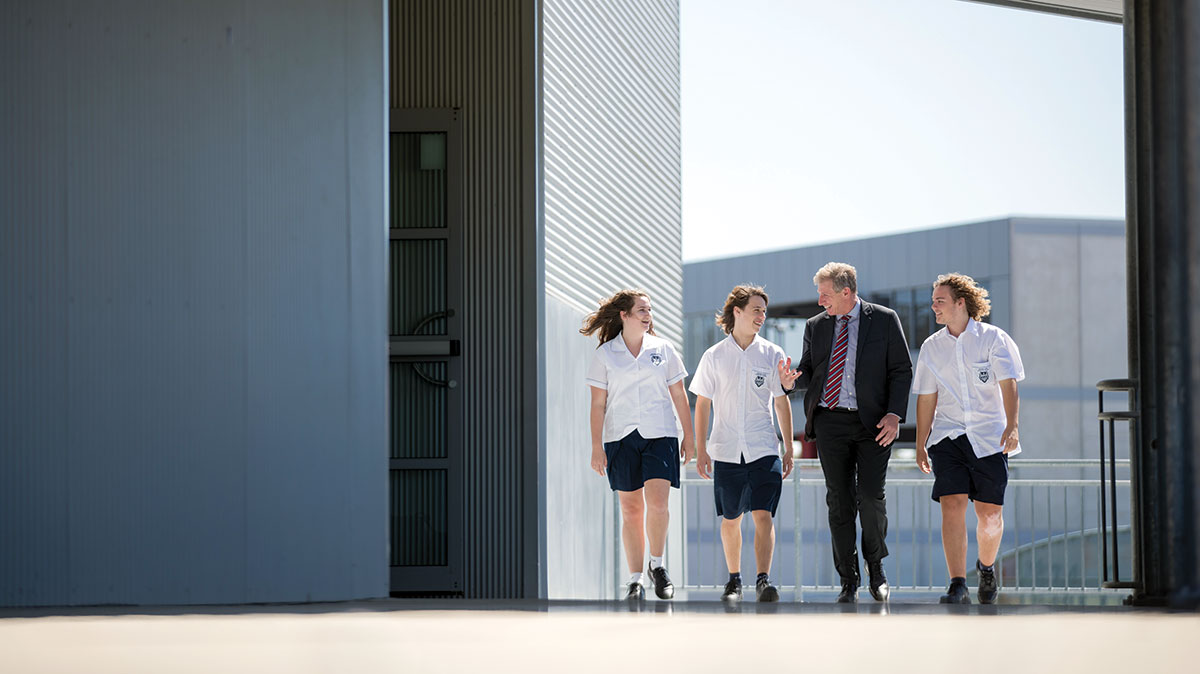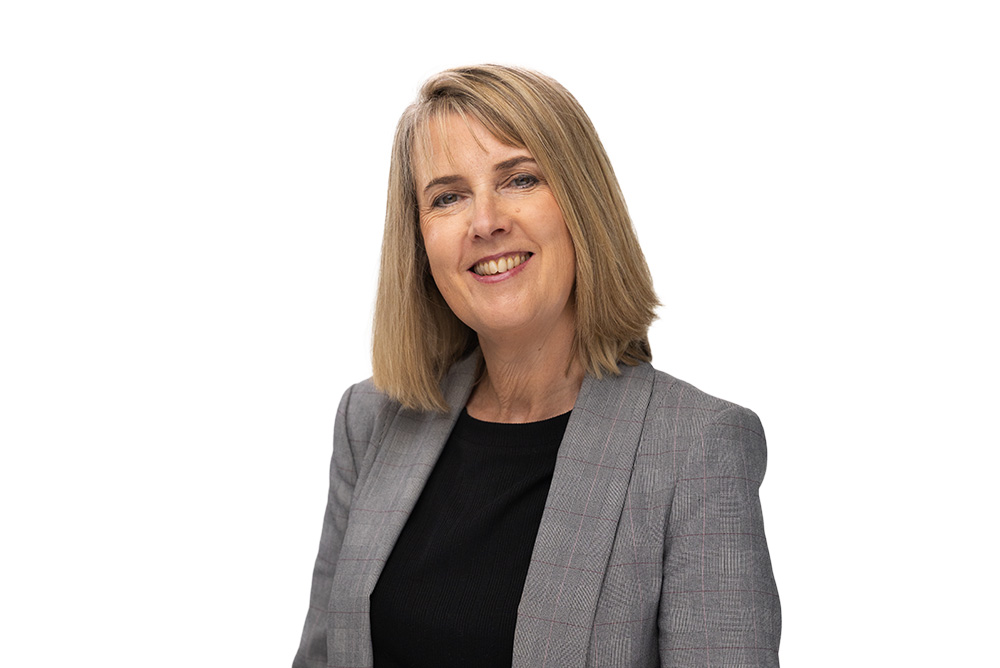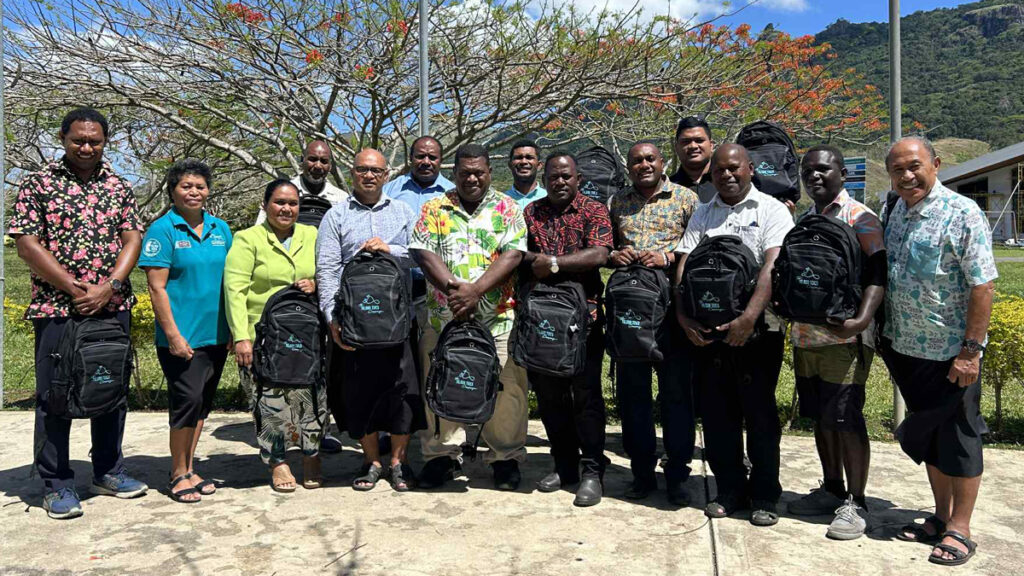The majority of Christian school graduates believe that their time at school helped prepare them to find a sense of meaning, purpose and direction in life, a survey of post-school outcomes has found.
The study of 4913 “millennials”, aged 25 to 39, also found that most graduates of Christian schools credit their schooling for preparing them to deal with personal relationships.
The Cardus Education study sought to identify and quantify the role of education in preparing students for contributing to the common good of Australian society. It was commissioned by a group of six Christian school associations—including Adventist Schools Australia—and splits the education sector into four sectors: Christian, Catholic, independent and government.
The study analysed how the respondents were faring in terms of employment, educational attainment and income, and also in a range of life matters, including personal relationships and attitudes towards volunteering and giving.
The study found that 75 per cent of Christian school graduates believed that their school prepared them for academic success at university, compared with 74 per cent of independent school graduates, 73 per cent of Catholic school graduates and 60 per cent of government school graduates.
Eighty-one per cent of Catholic school graduates were employed, compared with 79 per cent of Christian school graduates, 78 per cent of independent school graduates and 67 per cent of government school graduates. Of the four sectors, the Catholic school graduates had the highest household incomes: $A99,722.
The “Australian Schools and the Common Good” report also found that Christian school graduates were the most likely to be married and that they volunteered more frequently than graduates from the other three sectors. At the same time, 70 per cent of independent school graduates had donated to charity in the past 12 months, compared with 68 per cent of Catholic school graduates, 64 per cent of Christian school graduates and 62 per cent of government school graduates.
According to the report, millennials are relating to faith and religion in different ways.
“Prayer is the religious expression that millennial graduates are the most likely to engage with, above attending church or religious services,” the report said.
“Millennial Christian school graduates are most likely to have prayed (62 per cent), engaged with a religious text (46 per cent) or attended a religious service (40 per cent) at least monthly in the past 12 months. This spiritual formation and the commitment to practices of faith are the outcomes of both the educational context and the familial influence.”
Adventist Schools Australia national director Dr Daryl Murdoch said it’s clear from the report that Christian education is contributing significantly to the common good of our society across multiple dimensions, including work, service, generosity, family and religious life.
“The research identified that millennials graduating from Christian schools displayed a strong sense of meaning, purpose and direction in life. This life orientation created a strong sense of service and supporting charities,” Dr Murdoch said.
“It was pleasing to note that millennials attending Christian schools were more likely to hold strong spiritual values, be part of a church community, attend church, pray and read God’s Word regularly than their counterparts in state, Catholic and independent schools.
“Christian school leaders and staff are to be congratulated for creating and sustaining environments where a Christian worldview and values are modelled and adopted by their graduates.”






